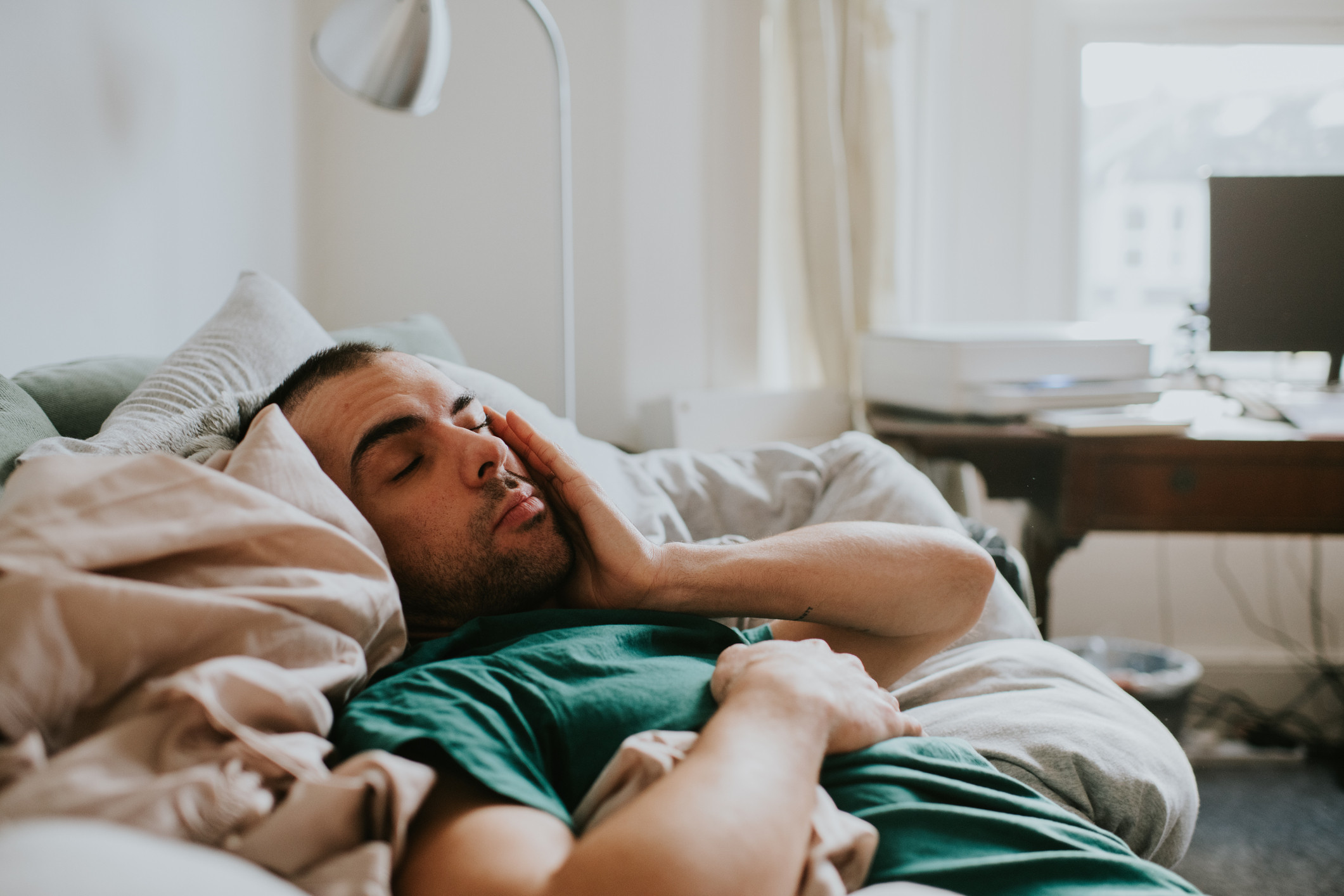Have you ever felt like your energy runs out before your day even starts? Many people reach for coffee, energy drinks, or sugary snacks to power through, but these quick fixes often leave you more drained later on. The truth is, your body has its own natural way of generating energy, and with a few simple lifestyle changes, you can feel more awake, productive, and vibrant—without relying on artificial stimulants. In this article, we’ll explore daily habits that can naturally boost your energy levels, help you stay focused, and improve your overall well-being.
Prioritize Quality Sleep
The foundation of your energy lies in how well you rest. Sleep is not just about the number of hours you spend in bed, but also the quality of that rest. Poor sleep can leave you feeling sluggish, mentally foggy, and less motivated throughout the day.
To improve your sleep quality, aim for 7–9 hours of uninterrupted rest each night. Create a relaxing bedtime routine—dim the lights, avoid screens at least an hour before bed, and keep your bedroom cool and comfortable. Going to bed and waking up at the same time daily also helps regulate your internal clock, making it easier to wake up refreshed.
Stay Hydrated Throughout the Day
Dehydration is one of the most overlooked causes of low energy. Even mild dehydration can make you feel tired, dizzy, and less alert. Your body is made up of about 60% water, and it relies on hydration for nearly every function, including energy production.
Make a habit of drinking water consistently during the day. Keep a water bottle nearby as a reminder. If plain water feels boring, add a slice of lemon, cucumber, or mint for a refreshing twist. Limiting excessive caffeine and alcohol also helps maintain better hydration levels.
Fuel Your Body With Nutritious Foods
The food you eat is your body’s fuel, and the type of fuel you choose determines your energy levels. Sugary snacks and processed foods may give you a quick energy spike, but they’re usually followed by a crash.
Instead, focus on whole foods that provide steady, long-lasting energy. Include complex carbohydrates like whole grains, lean proteins such as chicken or beans, and healthy fats like nuts and avocados. Don’t skip breakfast—start your day with a balanced meal to set the tone for stable energy levels. Small, balanced meals throughout the day help prevent energy dips and keep your mind sharp.
Move Your Body Regularly
It may sound counterintuitive, but moving your body is one of the most effective ways to increase energy. Exercise boosts circulation, improves oxygen flow, and stimulates the release of endorphins—the feel-good hormones that keep you alert and positive.
You don’t need to commit to hours at the gym. A 20-minute brisk walk, a short yoga session, or a quick set of bodyweight exercises can do wonders for your energy. The key is consistency. Find an activity you enjoy, and make it part of your daily routine. Even short bursts of movement during work breaks can refresh your mind and body.
Manage Stress Effectively
Chronic stress drains energy faster than almost anything else. It keeps your body in a constant state of alert, using up valuable mental and physical resources. Over time, this leads to fatigue, irritability, and difficulty focusing.
Incorporating stress-management techniques into your daily routine can help preserve your energy. Deep breathing exercises, meditation, journaling, or even a few quiet moments outdoors can reset your mind. Setting healthy boundaries and managing your time wisely also reduces unnecessary stress and energy loss.
Take Breaks to Recharge
Pushing yourself nonstop can backfire. Your brain and body need breaks to recharge and function at their best. Research shows that taking short breaks throughout the day improves focus, productivity, and energy levels.
Try the “Pomodoro Technique”: work for 25 minutes, then take a 5-minute break. Step away from your desk, stretch, or take a short walk. Longer breaks during lunch or in the afternoon can also help you return to tasks with more clarity and energy.
Get Fresh Air and Natural Light
Spending too much time indoors can contribute to fatigue and sluggishness. Natural light helps regulate your circadian rhythm—the body’s internal clock—while fresh air increases oxygen flow and mental alertness.
Start your day by opening curtains to let sunlight in, or take a short morning walk outside. If possible, work near a window or spend time outdoors during breaks. Even a few minutes in nature can make you feel more awake and energized.
Limit Screen Time Before Bed
Too much screen time, especially at night, can interfere with your sleep and energy. The blue light from phones, laptops, and TVs suppresses melatonin, the hormone that helps you fall asleep. This can lead to restless nights and groggy mornings.
Try setting a “digital sunset,” turning off devices at least an hour before bed. Replace late-night scrolling with reading, journaling, or light stretching. Your body will thank you with better rest and more energy the next day.
Listen to Your Body’s Natural Rhythms
Everyone has natural peaks and dips in energy throughout the day. For many, mornings are the most productive, while afternoons bring a slump. Paying attention to these rhythms can help you schedule tasks more effectively.
Tackle demanding tasks when your energy is highest, and save lighter or routine work for low-energy times. Instead of fighting against your body’s rhythm, work with it to maximize productivity and conserve energy.
FAQs
1. How can I boost my energy quickly without coffee?
Quick ways to boost energy naturally include drinking a glass of water, taking a short walk, doing deep breathing exercises, or having a healthy snack like nuts or fruit.
2. Is exercise really effective for increasing energy?
Yes! Exercise improves circulation, releases endorphins, and helps regulate sleep. Even light activity, like stretching or walking, can significantly increase energy levels.
3. Can diet alone improve my energy?
Diet plays a major role in energy, but it works best when combined with proper sleep, hydration, and stress management. A balanced lifestyle creates long-lasting energy.
4. How much water should I drink daily for better energy?
A general guideline is about 8 glasses (2 liters) a day, but it depends on your activity level, climate, and body size. Listen to your body—if you’re thirsty, drink more.
5. Why do I feel tired even after a full night’s sleep?
Poor sleep quality, stress, dehydration, or lack of physical activity could be the cause. Improving these areas can help you wake up feeling more refreshed.
Conclusion
Boosting your energy naturally doesn’t require drastic changes—it’s about small, consistent habits that support your body and mind. Prioritizing sleep, staying hydrated, eating nourishing foods, moving regularly, managing stress, and taking breaks can make a huge difference in how energetic you feel each day. By aligning your daily habits with your body’s natural needs, you’ll not only increase your energy but also enhance your overall health and happiness.
Start small, stay consistent, and watch how these simple daily habits transform your life into one filled with more vitality and energy.




